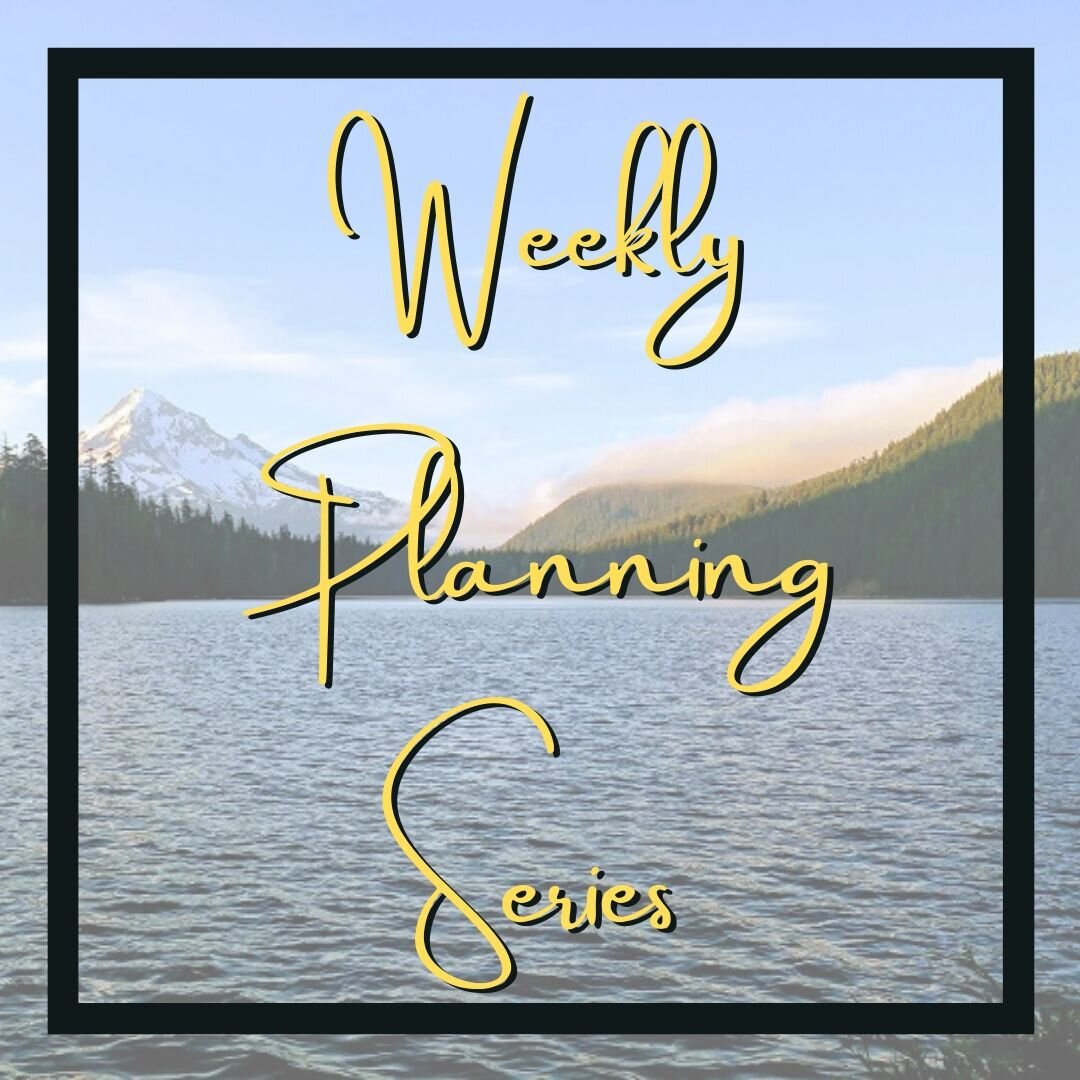How To Organize Your To Do List
Just a quick note before you head into the blog post. Are you an academic who is trying to figure out your long term planning processes? My planning course, plan(it)*, can help support you as you figure that out. Check out the link for more info.
Today’s post focuses on the general process I follow for organizing my tasks across all the academic areas of my life (e.g., research, teaching, service), as well as my personal life. Below you’ll find 6 steps you can take if your to do list is feeling a little (or a lot) chaotic.
Decide where you want to keep all of your tasks. There's not one magic place, just whatever works best for you and your needs.
As I previously mentioned, I'm currently loving Notion. I've also used Dynalist (here’s an example of how I used it), Google Tasks (the old version, here’s an example of how I used it), a word doc, and a plain old notebook. If you want a peek at what my most recent Notion dashboard looks like, check out the Notion template for academics in my Etsy store.
Decide on the system you'll use to organize your tasks. Are you going to organize by area of your life/work (e.g., research tasks, teaching tasks, health related tasks)? Or will you organize by specific projects (e.g., NIH funding application, human development course, exercise)? Or maybe you'll organize by type of task (e.g., administrative, writing, meetings, etc.)? Or some combination of these things? Or something entirely different? Again, doesn't matter what this looks like, as long as it works for you!
I organize my tasks by broad area (research, teaching, service, etc.) and then within these broad areas I organize by project (e.g., paper 1, paper 2, funding application 1, stats course, etc.). Each project has a list of tasks associated with it.
Organize all the to dos you already have, using whatever system you decide on in #2.
I find that this process usually makes me think of additional things I need to do that I haven't written down yet. If that happens to you too, add anything to your list that comes up while you're organizing.
Decide what information you want to include with each of your tasks. Keep in mind that each task doesn't have to include each of these things, only if it’s relevant. Go through your organized list and add this extra information in. Here are some things I like to include with each of my tasks.
date I want to finish by
links to any relevant documents (if you're going the electronic route)
current status (e.g., not started, in progress, on hold)
collaborator info
notes
Figure out how you're going to process new tasks. What happens when you add something new to your list? Will you stop what you're doing and add it to your list right away? Will you jot it down on a post it and wait until a certain time of day to add it to your list? Or if you're in a meeting and new tasks come up, will you jot them down in a notebook and then transfer to your official list?
For me, I have a spot on my weekly dashboard where I can quickly add in new tasks that come up. It’s essentially a running list. I don't add them to a particular project or fill out all of the details in the moment, I'll wait until the end of the day or the week (depending on time sensitivity). I have Notion on my phone so I can add things to my running list that way. If I don't want to type things into my phone, I'll jot them down in my work notebook and add them to Notion at the end of the day or the week. Of course, if I'm using my laptop during a meeting I can easily add things to the running list in Notion (or categorize if I have the time).
Look at your list on a regular basis and update accordingly. Cross things off as you complete them, remove old tasks that aren't relevant anymore. Regularly do some list curation so that your list is easier to navigate. Play around with review processes and figure out something that works for you and your schedule.
What does this look like for me? I look at my weekly dashboard on a daily basis and then review my full list (that includes future tasks) once a week during my weekly planning session.
How do you organize your to do list?
